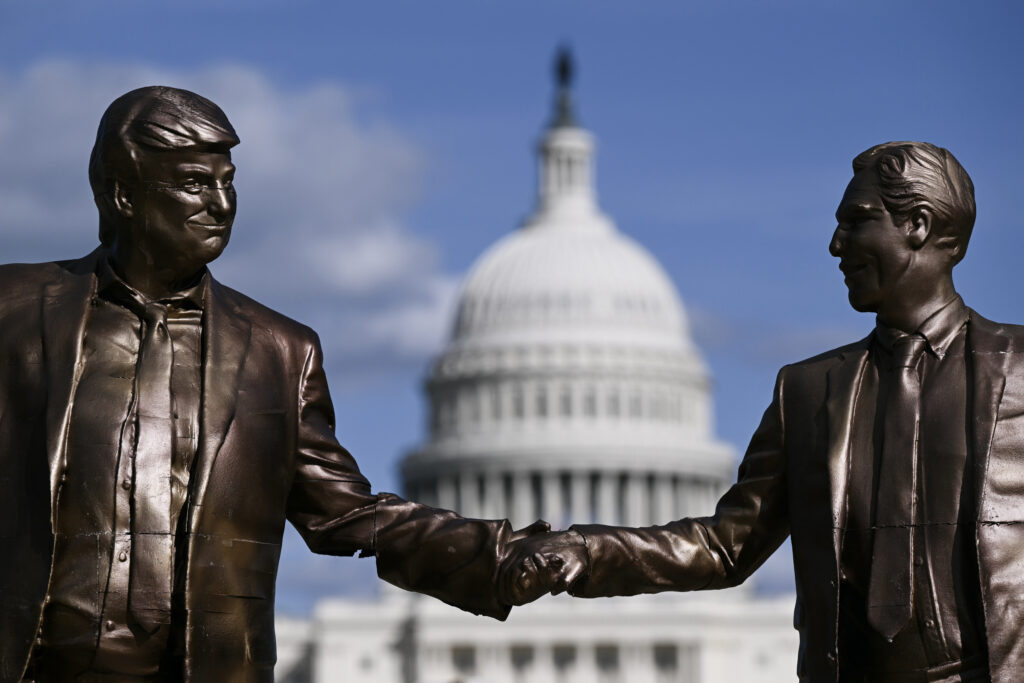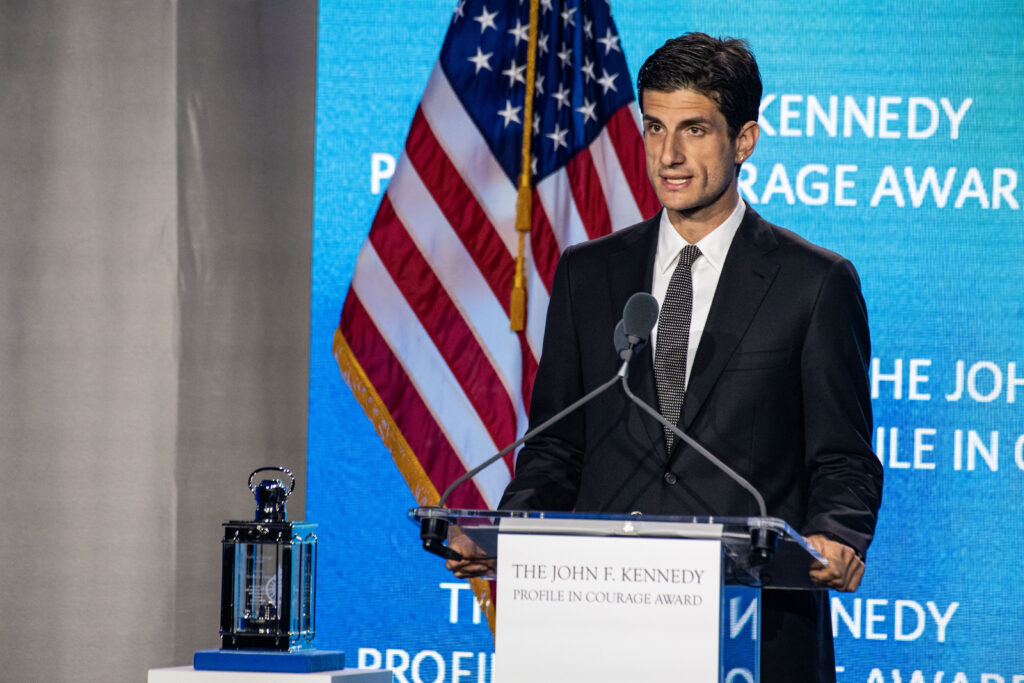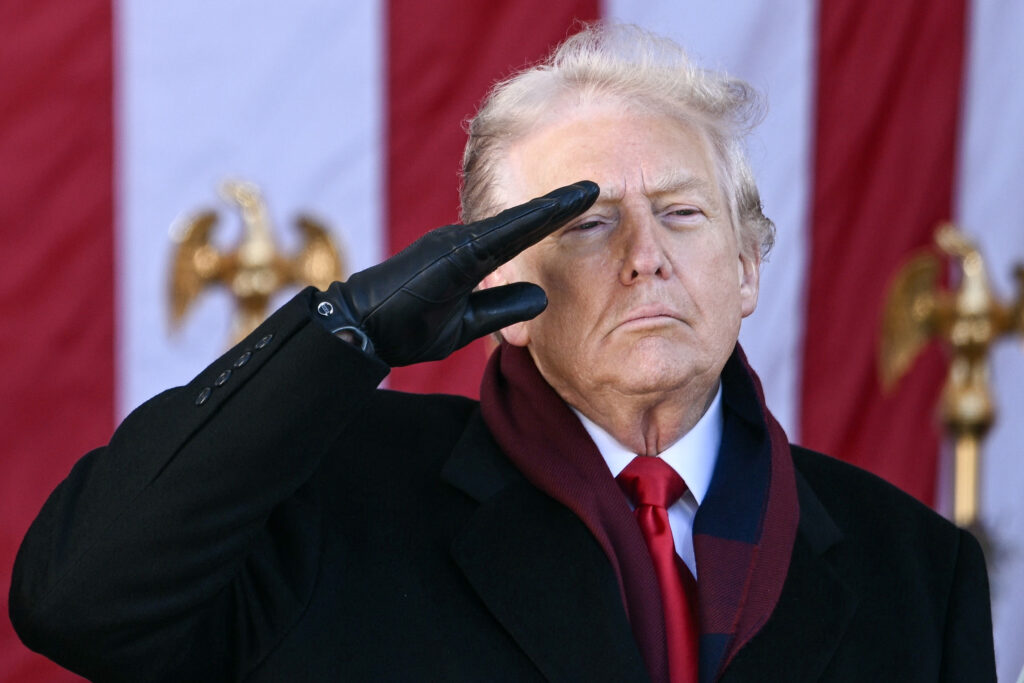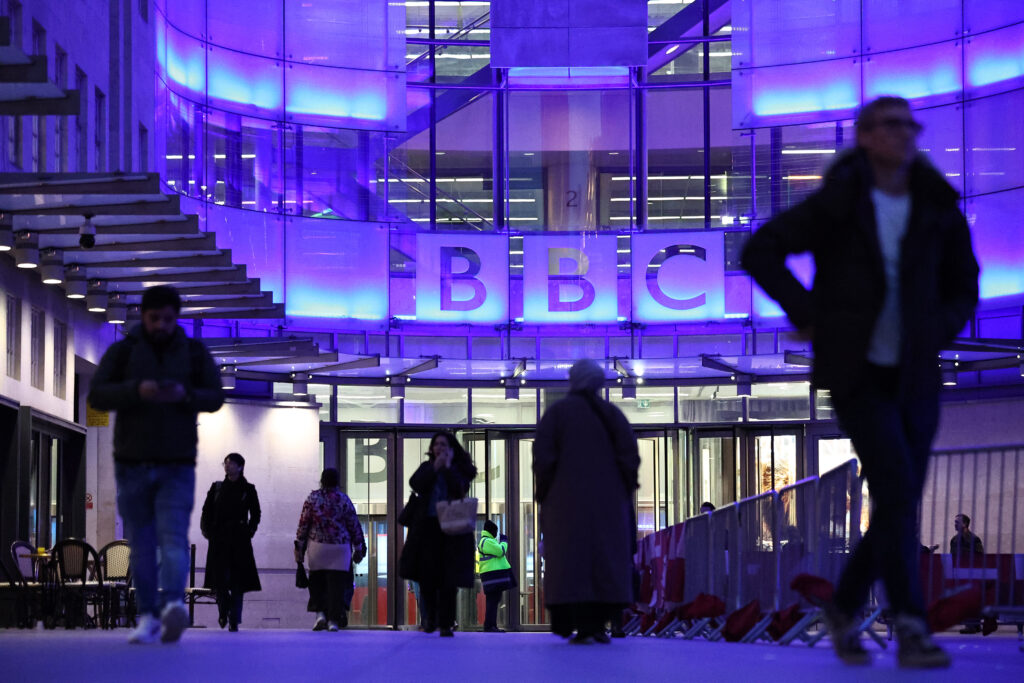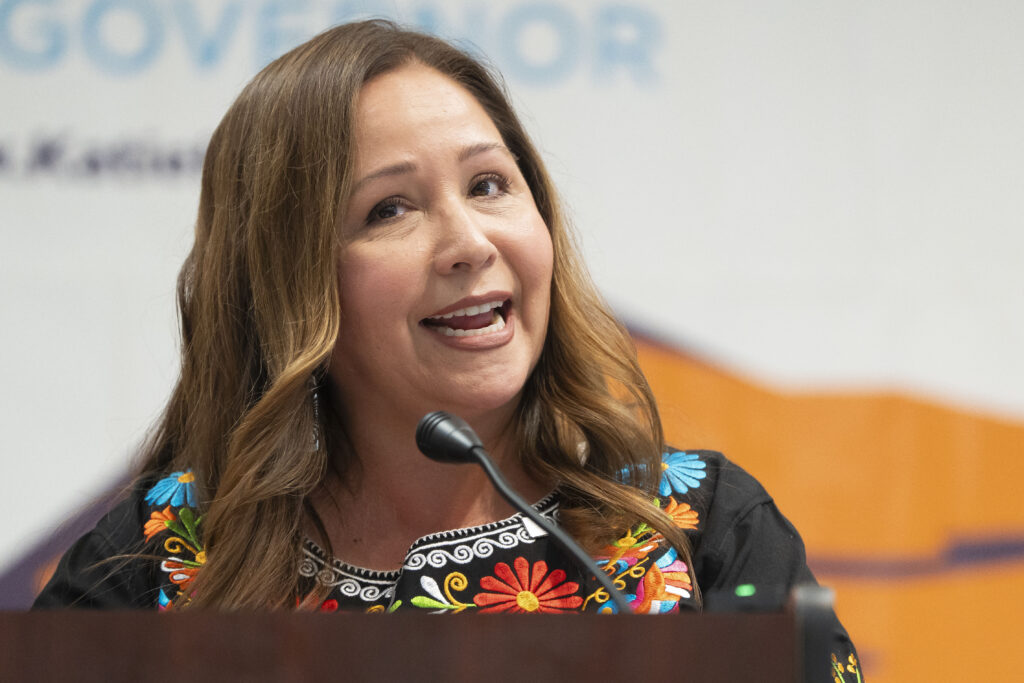US military personnel do not risk prosecution for drug strikes: Justice Dept
The US Justice Department on Wednesday defended lethal military strikes on suspected drug traffickers, brushing aside charges they may amount to extrajudicial killings that merit legal prosecution.”The strikes were ordered consistent with the laws of armed conflict, and as such are lawful orders,” a Justice Department spokesperson said.US service members who participate in the strikes, which have left at least 76 people dead, do not risk prosecution, the spokesperson said.”Military personnel are legally obligated to follow lawful orders and, as such, are not subject to prosecution for following lawful orders.”UN High Commissioner for Human Rights Volker Turk urged Washington on Monday to investigate the legality of the strikes on the alleged drug-running boats, saying there were “strong indications” they constitute “extrajudicial killings.”The US military has carried out a series of strikes in the Caribbean and the Pacific in recent weeks on boats Washington claims are ferrying drugs. The latest took place in the Pacific over the weekend and left six people dead, Defense Secretary Pete Hegseth said.The Washington Post reported Wednesday that the Justice Department had drafted a classified opinion in July laying out the legal basis for the strikes that shields personnel taking part from potential future prosecution.President Donald Trump’s administration has said in a notice to Congress that the United States is engaged in “armed conflict” with Latin American drug cartels, describing them as terrorist groups as part of its justification for the strikes.Turk, in an interview with AFP, said the operations against suspected drug traffickers should be considered “law enforcement operations,” which fall under international human rights law.In such cases, “the use of lethal force has to be extremely limited,” Turk said. “It has to be the absolute last resort in the face of an immediate attack. That’s not what we’re seeing.”Asked if he believed the strikes could constitute extrajudicial killings, Turk said: “There are strong indications that they are, but they need to investigate this.” The Trump administration has built up significant military forces in Latin America in what it says is a campaign to stamp out drug trafficking.Venezuelan President Nicolas Maduro, who has been indicted on drug charges in the United States, has claimed that the military buildup is part of a plot to oust him.

